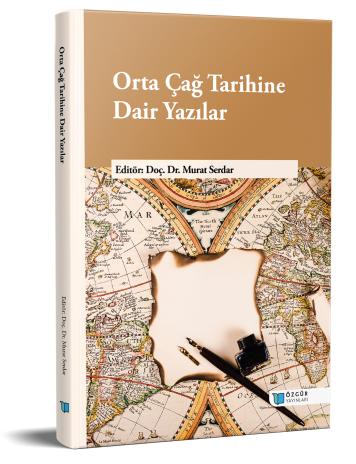
Dionysios Bar Ṣalibi's Refutation of Islamic Faith in His Work Luqbal Tayoye
Chapter from the book:
Serdar,
M.
(ed.)
2025.
Essays on Medieval History.
Synopsis
Dionysios Bar Salibi (d. 1171) is considered to be one of the most prolific, controversial, educational, and influential theologians of the Syriac Orthodox Church who lived in the 12th century. In his work entitled Luqbal Tayoye (Refutation to the Arabs), he interprets the Quranic verses within the framework of Christian dogmatic assumptions, aiming to preserve the integrity of the faith, theological stability, doctrinal continuity, and intra-communal cohesion of the Syriac community. This article is based on Joseph P. Amar’s edition, which is based on the Mingana Syr. 239 manuscript of the text in question, and carefully examines the verse references through philological, historical, contextual, and comparative analysis methods. Bar Salibi’s polemical strategies, such as textual selectivity, decontextualization, semantic shift, insertion of theological terms, and partial quotations are analyzed in detail; The discussions around the two natures of Jesus, the doctrine of the Trinity, the concept of the soul, and the institution of prophecy are evaluated. In addition, the research comprehensively examines the manuscript tradition, copying differences, terminology equivalents, and intertextual relations, taking into account the current contributions of contemporary scholars such as Ebied, Jacobs, and Moqbel. Thus, the didactic function as well as the polemical aspect of the text is emphasized.

